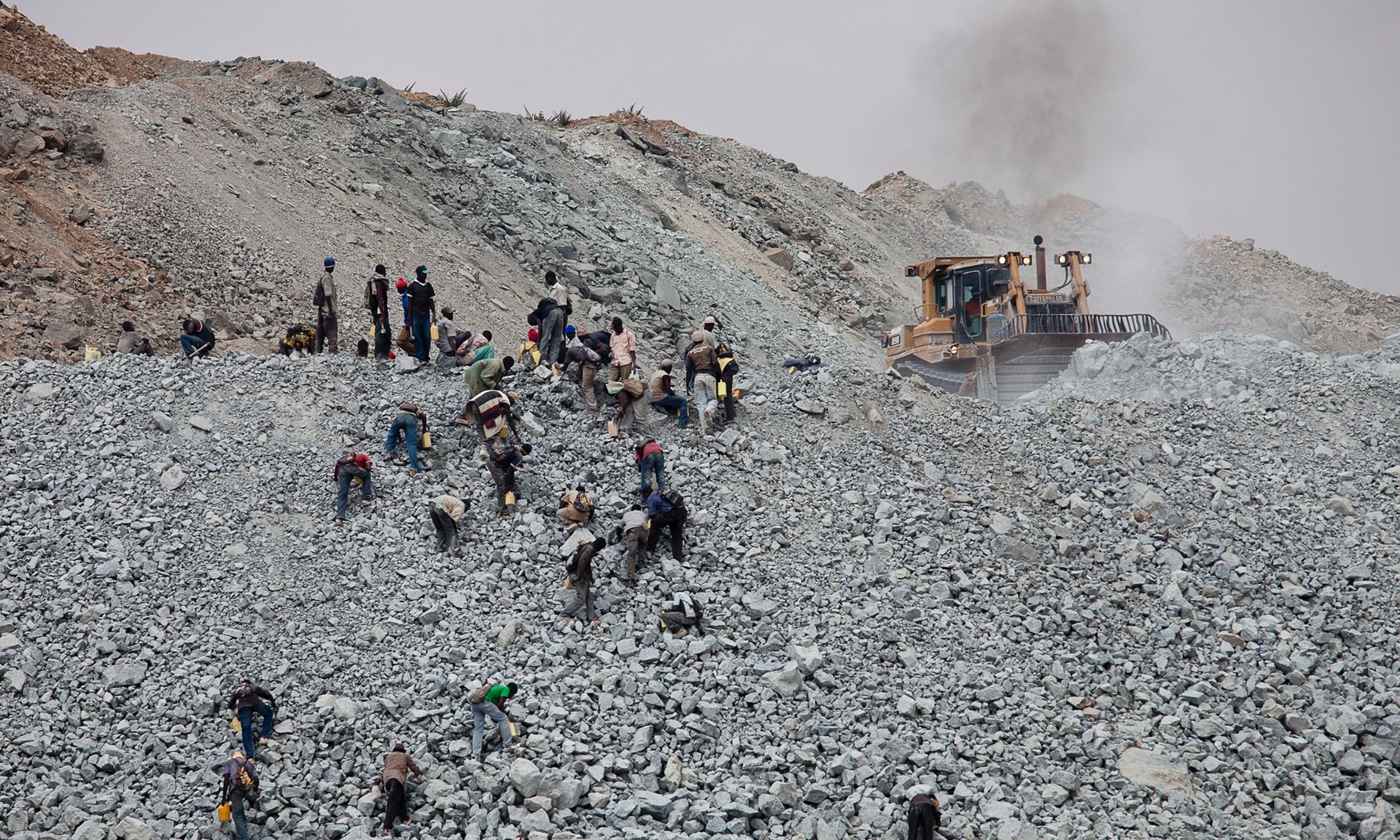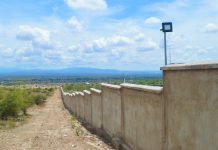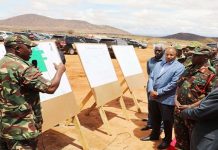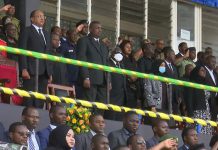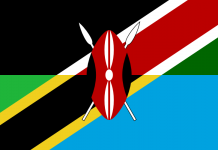Author: DEUS NGOWI
AfricaPress-Tanzania: REFORMS initiated by President John Magufuli in the mining sector have earned Tanzania 528bn/- in 2019/20, up from 168bn/- in 201
The great strides made in the mining sector are attributed to workable measures initiated by President Magufuli in managing the sector by enacting new laws that favour the country and its people, control production and mineral sales.
The measures include the enactment of the new Mining Law, 2017, amending some laws and establishing 31 big mineral trading hubs and 39 small ones at district level and the construction of a 24-km Mirerani perimeter wall that was completed in 2018 by Tanzania People’s Defence Force (TPDF).
The new law and regulations, against what some pessimists were thinking, have increased the number of local and foreign investors in the extractive sector and now Tanzanians are not only spectators, labourers or onlookers of how minerals are exported, but owners of mines through Twiga Minerals Corporation.
The government and Barick Gold Corporation co-own the company and hence Tanzanians are co-owners of Bulyanhulu, Buzwagi and North Mara mines, with the full mandate and positions in the management and board of directors, hence are able to oversee every decisions and activities regarding the rich natural resources of the country.
Towards the end of last year, Barick Gold issued a statement to the effect that with the formation of Twiga, the government would acquire free shareholding of 16 per cent in each of the mines and would receive its half of the economic benefits from taxes, royalties, clearing fees and participation in all cash distributions made by the mines and Twiga. An annual mechanism would ensure the maintenance of a win-win situation.
Chief Government Spokesperson, Dr Hassan Abbasi, enumerating the feats under the sector in Dar es Salaam yesterday noted that after the new law and regulations were enacted, new mining licences issued rose from 3,464 to 7,132 three years on, that being translated as a huge increase in the number of investors due to new investments.
Dr Abbasi, who doubles as the Permanent Secretary in the Ministry of Information, Culture, Arts and Sports, said the achievements were due to the visionary leadership of President Magufuli and his stance on taking difficult decisions that had always been rewarding.
“What happened after the measures taken and the new investment impetus? Did we succeed or not? We have gained handsomely and in the 2019/20 fiscal year set targets that we in the government were asking ourselves if we would manage to beat – a whopping 470bn/- but by June 30 we broke the record by collecting 528bn/- Numbers don’t lie. The data is there for anyone to see,” Dr Abbasi noted.
Beneficiaries of the feats are both local and foreign miners, the government and all Tanzanians as the money earned is spent on the provision of social services in the country. Revenue increase is more than fourfold since President Magufuli assumed office.
Records show that while in 2014/15 only 168bn/- was collected, there was a little increase in 2015/16 to 207bn/-. In 2016/17 a total of 213bn/- was collected, in 2017/18 a total of 301bn/- was collected, in 2018/19 a total of 346bn was collected before collecting 528bn/- in 2019/20.
Dr Abbasi wondered why some Tanzanians were against all such measures that included the formation of the Mining Commission that had since discharged its duties well, with offices across the country to manage and control the production and sale of the precious stones.
He termed such people as agents of darkness who would even refuse to recognise their shadow and did not like to see a better Tanzania for Tanzanians.
Other measures that have benefitted artisanal miners include removing some taxes of about 23 per cent – such as five per cent withholding tax and 18 per cent of Value Added Tax (VAT) so that the money remains with miners for capacity building.
Mineral trading hubs have led to the selling of minerals with transparency. Examples of feats in the area is that before Geita Gold Market was established, the government was collecting a mere 878m/- per annum, but after its introduction the government earned 2.6bn/- per year. In Chunya, the government gets 1.2bn/- per year, up from 94m/- before the hub was constructed and became operational.
As for Tanzanite in Mirerani, Arusha, the construction of the perimeter wall and the deployment of soldiers around it has borne fruit as no more minerals are smuggled and security to miners is ensured.
That is why one of the miners, Mr Saniniu Laizer, broke the world record by getting biggest Tanzanite stones weighing 9kg, 5kg and 6kg this year. The first two were purchased by the government at 7.74bn/- in June, while the others were purchased at 4.8bn/-. The government gained its tax totalling 881m/- from sales.
Before the construction of the Mirerani concrete perimeter wall the government was getting only 71m/- as tax from small miners, but after the constriction of security around the hills, it got 2.15bn/- in the just ended fiscal year.
Before the wall the minerals declared there stood at an average of 169kg per year, but now are 2,272kg, ushering in roaring success.


